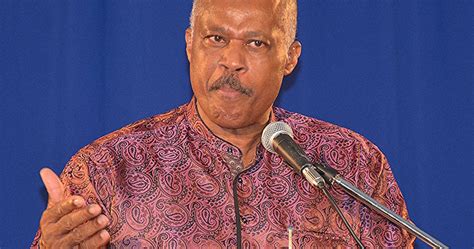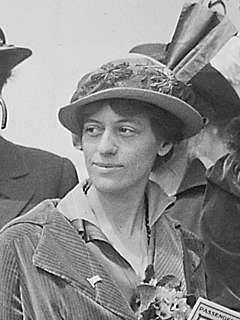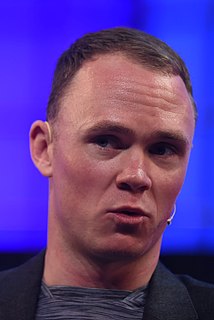A Quote by Hilary Beckles
If the British public were shown slavery in their own society seen through the eyes of the enslaved, they would get a much better understanding.
Related Quotes
Blacks were not enslaved because they were black but because they were available. Slavery has existed in the world for thousands of years. Whites enslaved other whites in Europe for centuries before the first black was brought to the Western hemisphere. Asians enslaved Europeans. Asians enslaved other Asians. Africans enslaved other Africans, and indeed even today in North Africa, blacks continue to enslave blacks.
My own eyes are not enough for me...I will see through the eyes of others. Reality, even seen through the eyes of many is not enough...I will see what others have invented. Even the eyes of all humanity are not enough. I regret that the brutes cannot write books. Very gladly would I learn what face things present to a mouse or a bee. More gladly still would I perceive the olfactory world charged with all the information and emotion it carries for a dog.
In the form of security and sufficiency for the men who labor to the profit of others, and in the form of registering and controlling them in the form of an organized public supervision of their labor, slavery is already afoot. When slavery shall succeed it will succeed through the acquiescence of those who will be enslaved, for they will prefer sufficiency and security with enslavement, to freedom, responsibility, insecurity and the threat of insufficiency.
Some studies have shown close to 70 percent of men who are in prison have one of two things in common: One, they can't read. And two, they witnessed violence or were victims of violence as a child. You would think that if you had seen your mother get beaten when you were 10 years old, you'd never raise your hand to a woman. Not true. The prospect that you will increases dramatically if you witness violence. So it's so much bigger than just about women. It's about our society. It's about our culture. It's about who the hell we are.
That is another theme in the book [Dreams from My Father]. How do we exercise more empathy in our public discourse? How do we get the black to see through the eyes of the white? Or the citizen to see through the eyes of the immigrant? Or the straight to see through the eyes of the gay? That has always been a struggle in our politics.






































